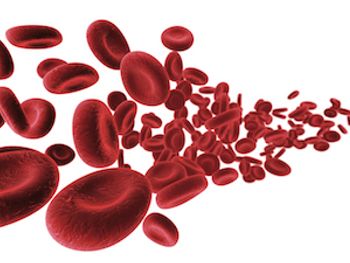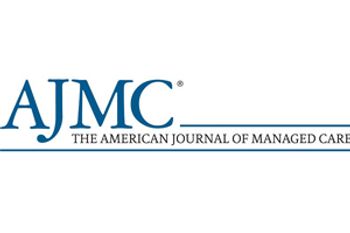
The University of Illinois aimed to improve the time to antibiotic adminstration for patients with febrile neutropenia by implementing a new standard operative protocol.

The University of Illinois aimed to improve the time to antibiotic adminstration for patients with febrile neutropenia by implementing a new standard operative protocol.

A mathematical model may help providers better understand which patients will benefit from certain immunotherapy.

Study finds 2 competing opioid treatments have similar outcomes; GOP tax bill includes repeal of the ACA's individual mandate; and a study finds a correlation between screen time and depression in teenage girls.

Cyclin-dependent kinase 4/6 inhibitors may have proven benefits for treating metastatic breast cancer, but the therapies are associated with hematological toxicities and febrile neutropenia.

A fourth state has chosen to roll back retroactive Medicaid benefits; the American Medical Association releases guidance for ethical physician conduct in the media; and Nebraska struggles to fund mental health services.


An economic analysis presented at the 2017 Neuroscience Educational Institute (NEI) Congress in Colorado Springs, Colorado, showed that pharmacogenomic testing in patients with specific psychiatric disorders can reduce the utilization of benzodiazepines.

A new collaboration between PathoQuest and Memorial Sloan Kettering Cancer Center (MSK) will test the best method to identify microorganisms responsible for infections in patients with febrile neutropenia.

Coverage of our peer-reviewed research and news reporting in the healthcare and mainstream press.

A battle between hospitals and pharmaceutical companies is brewing over the 340B program; Uber and other companies relying on independent contractors lead the push to get people to enroll in Obamacare plans; the government intends to crack down harder on fentanyl-related substances.

President Donald Trump is expected to name an ex-Eli Lilly executive as his pick for HHS secretary; Connecticut's new budget will cut Medicaid eligibility; Nebraska lawmaker seeks a Medicaid expansion ballot vote.

Ohio voters reject measure that capped prices for drugs bought by the state; Senate Republicans consider keeping medical expense deduction in their tax bill; and the flu vaccine's effectiveness can be undermined by the process by which it is grown.

Roche had 2 drugs approved by the FDA—one that is the first approved treatment for a rare blood disease and the other is approved as a first-line treatment for anaplastic lymphoma kinase-positive metastatic non–small cell lung cancer.

First day Affordable Care Act (ACA) enrollment surpassed numbers from last year; CVS will offer next-day and same-day prescription delivery in 2018; and voter confusion surrounds Ohio's drug-pricing ballot measure.

CDC released a report showing a more than 17% increase in drug overdose deaths last year; Gail K. Boudreaux will step in as new Anthem CEO; and the first glucose-monitoring system that doesn’t require a blood sample will hopefully be introduced by the end of 2018.

Every week, The American Journal of Managed Care® recaps the top managed care news of the week, and you can now listen to it on our podcast, Managed Care Cast.

This week, the top managed care news included the first day of open enrollment; data from CMS that indicate the progress accountable care organizations are making; and findings that most people with obesity aren't get screened for it or getting care.

Coverage of our peer-reviewed research and news reporting in the healthcare and mainstream press.

A new study questions the use of stents in certain patients; the House is expected to pass CHIP funding, but how to pay for it continues to be debated; and nearly all older, poorer people will have access to cheaper ACA plans in 2018.


Drug-pricing collution lawsuit widens to include more companies and drugs; New Jersey and Alaska also file lawsuits against Purdue Pharma for opioid marketing tactics; and the preterm birth rate in the United States increases.

Strong chemotherapy may be part of the treatment plan for patients diagnosed with cancer, but it also comes with risks. A new campaign will empower patients with cancer to better understand and navigate risks such as febrile neutropenia that are associated with strong chemotherapy.



This week, the top managed care news included a judge ruling President Donald Trump can end the cost-sharing reduction subsidies; findings on awareness of the Choosing Wisely campaign; and conference coverage from around the nation.

Coverage of our peer-reviewed research and news reporting in the healthcare and mainstream press.

Top news of the day: More people will have access to ACA plans with no premiums, a challenge to Arizona's Medicaid expansion funding goes to the state supreme court, and a dive into coverage of the opioid epidemic.

The subsidies allow insurers to hold down overall premiums under the Affordable Care Act.



259 Prospect Plains Rd, Bldg H
Cranbury, NJ 08512
© 2025 MJH Life Sciences®
All rights reserved.
